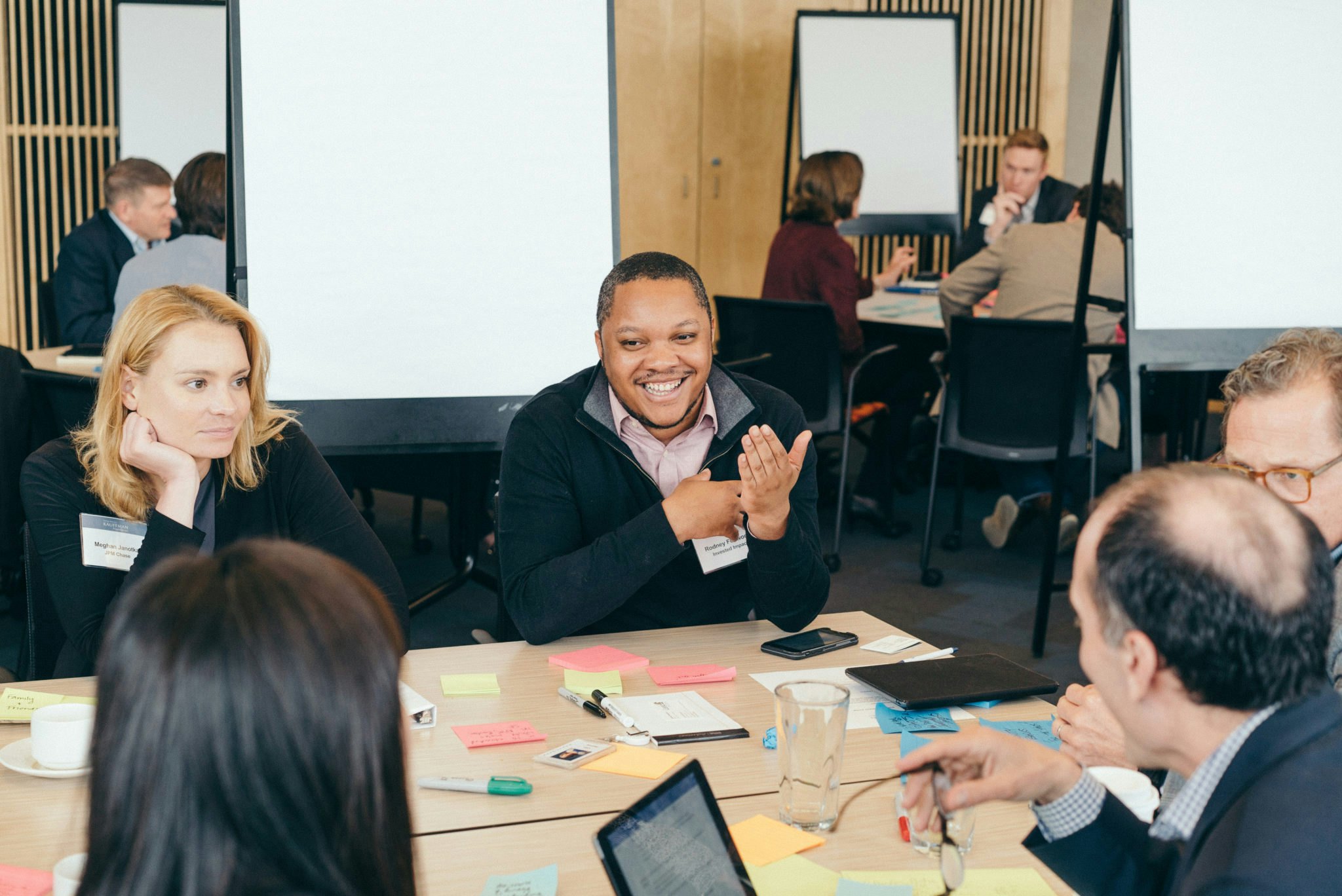Why People Matter
How organizations can create a culture of caring, trust, and collaboration that leads to greater efficiency, productivity, and long-term success.
In a world that often seems to prioritize efficiency and productivity over everything else, it can be easy to forget that people matter. But often, we ignore the importance of people at our own peril.
This video clip from several years ago by Simon Sinek is quite provocative in regard to today’s workplaces and communities. He argues that businesses and other organizations should prioritize the well-being and development of their employees, rather than treating them as expendable resources to be used up and discarded.
Despite the data and individualized culture we have so embraced today that essentially is all about #1; a narrative of “take care of yourself…be happy, above anything else.” As people, we thrive on connection and community, and our relationships with others can have a profound impact on our happiness, health, and overall well-being. When we feel valued, supported, and connected to those around us, we are more likely to feel fulfilled and satisfied with our lives.
This is true not just in our personal lives, but also in our work lives. When employees feel like they are part of a supportive and caring community at work, they are more likely to be engaged, motivated, and productive. They are also more likely to stay with the company long-term, reducing turnover and saving the organization money in the long run.
Sinek also argues that organizations should prioritize the growth and development of their employees. When employees feel like they are learning and growing in their jobs, they are more likely to be engaged and motivated. This can lead to increased creativity and innovation, as employees are encouraged to think outside the box and come up with new solutions to problems.
But beyond the benefits to the organization, prioritizing the well-being and development of employees is simply the right thing to do. When we treat each other with kindness, compassion, and respect, we create a more just and equitable society. And when we prioritize the well-being of our employees, we are sending a message that we value and respect the contributions they make to our organizations and our society as a whole.
Of course, prioritizing people over profits is not always easy. In a world that often seems to value efficiency and productivity above all else, it can be challenging to make the case for investing in the well-being and development of employees. But as Sinek points out, this is a false choice. In the long run, prioritizing people can actually lead to greater efficiency and productivity, as well as improved morale and retention rates.
So how can organizations prioritize people in practice? Here are a few strategies to consider:
- Create a culture of caring: Organizations can create a culture of caring by prioritizing things like work-life balance, employee wellness, and community building. This can involve offering flexible work schedules, providing resources for mental and physical health, and organizing team-building events and activities.
- Prioritize learning and development: To help employees grow and develop, organizations can offer opportunities for training, mentorship, and career advancement. This can include providing access to online learning platforms, offering leadership development programs, and creating clear pathways for career advancement within the organization.
- Encourage open communication: To build trust and connection among employees, organizations should encourage open communication and transparency. This can involve regular check-ins with managers, opportunities for feedback and input, and regular team meetings and town halls.
- Lead with empathy: Finally, leaders should prioritize empathy and compassion in their interactions with employees. This can involve taking the time to listen to employees’ concerns, understanding their unique perspectives and experiences, and demonstrating a willingness to support them in meaningful ways.
One of my fundamental beliefs that drives much of my work at Access Ventures is the belief that at the heart of any transformative change in a community, company or culture is…people. By prioritizing the well-being and development of employees, organizations can create a culture of caring, trust, and collaboration that leads to greater efficiency, productivity, and long-term success.



